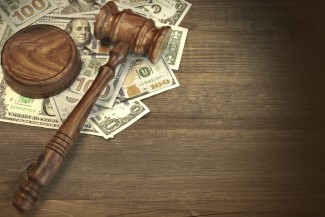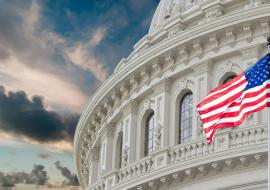Updates to the tax code provide an opportunity to support energy efficiency and remove barriers.
The challenge is proposing policies that encourage energy efficiency while still pursuing a tax code that individuals and businesses can understand.
We want to encourage cost-effective investments in energy efficiency, but in some cases the current tax code acts as a barrier by failing to provide long-term investment signals. Targeted, low-cost tax incentives can be used to spur additional energy efficiency investments in ways that that help grow the economy and drive long-term changes in markets for efficient goods and services.
ACEEE’s policy brief analyzes the Impacts of the E-QUIP Tax Proposal, which would allow accelerated tax depreciation for energy efficiency investments in commercial and multifamily buildings. Suggested tax credit updates are also included in an ACEEE white paper that explores several energy efficiency investments up for inclusion in economic stimulus and infrastructure legislation: Growing a Greener Economy: Job and Climate Impacts from Energy Efficiency Investments.



